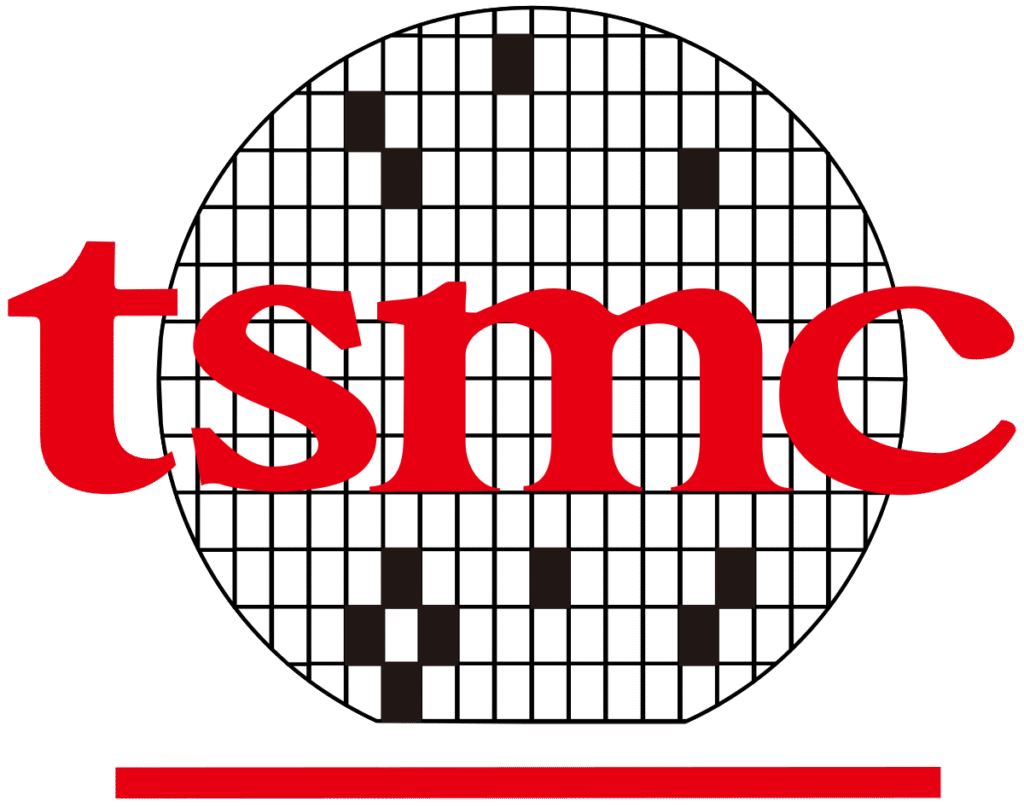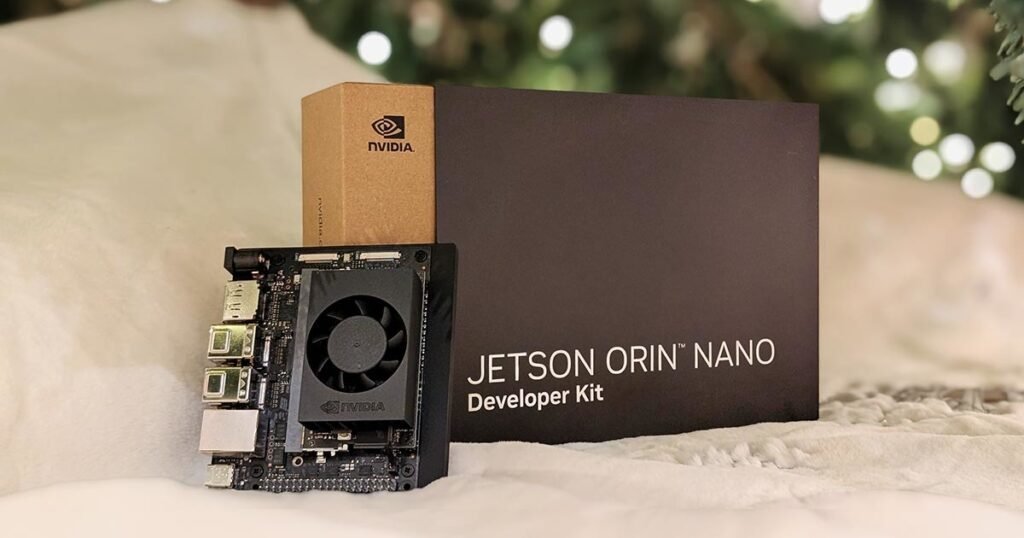When we talk about the race to 2nm semiconductors, most of us think of billion-dollar fabs, cutting-edge EUV lithography, and the global battle for chip supremacy. What we don’t expect is that trade secrets could slip through the cracks in the most mundane way possible — over coffee and smartphone snapshots. Yet that’s exactly what happened at TSMC, the world’s most critical chipmaker, in what is now being called one of the most alarming cases of industrial espionage in recent memory.
A Breach That Shook the Industry
Earlier this month, Taiwanese prosecutors arrested three engineers — two current and one former TSMC employee — for leaking confidential information related to the company’s crown jewel: its next-generation 2nm chip process. Investigators revealed that the suspects, surnamed Chen, Wu, and Ko, had systematically photographed over 1,000 confidential images straight off TSMC computer screens.
And the settings were as reckless as they were bizarre. Reports say that one of the leaks occurred at a Starbucks near TSMC’s Hsinchu headquarters, where an engineer openly displayed confidential diagrams on a company laptop while snapping photos with a smartphone. It’s espionage that feels almost amateurish — yet the consequences could be anything but.
From Elite Talent to Espionage Suspects
What makes this scandal even more troubling is the pedigree of those involved. All three suspects were top graduates from National Tsing Hua University (NTHU), one of Taiwan’s most elite engineering schools.
- Chen, a materials science graduate, had already moved on to Tokyo Electron (TEL), a Japanese semiconductor equipment giant that counts TSMC as its biggest customer.
- Wu, a chemistry major, had spent eight years inside TSMC as an etching and yield engineer.
- Ko, with dual degrees from NTHU and NCTU, specialized in semiconductor materials.
According to investigators, Chen orchestrated the scheme, leveraging his inside connections to collect sensitive materials and allegedly sharing them with a TEL supervisor. Motives remain murky: Was this about selling secrets to a rival? Or simply an ill-conceived attempt to impress a new employer?
Why the 2nm Node Matters
To understand the magnitude of this breach, you have to appreciate what the 2nm process represents. For TSMC, it’s not just another node — it’s a national asset. In the world of semiconductors, every nanometer gained translates into higher transistor density, lower power consumption, and competitive dominance in everything from AI to smartphones to supercomputers.
The U.S., China, Japan, and Europe are all pouring billions into catching up or securing access to advanced chips. A leak of even “training-level” internal materials could accelerate rival efforts — especially for players like Huawei or SMIC, who remain cut off from leading-edge nodes due to export controls.
A Symptom of a Larger Problem
This case isn’t just about three engineers. It highlights deeper vulnerabilities in how Taiwan — and the global semiconductor industry — manages its brightest talent. Fresh graduates with incredible technical skills are being placed into ultra-sensitive roles without enough training in ethics, compliance, or even workplace maturity.
As one executive put it bluntly: “These were supposed to be Taiwan’s brightest minds. Now they may have thrown away everything — and for what?”
National Security Meets Corporate Security
The incident has escalated far beyond TSMC’s internal HR and IT departments. Taiwan’s High Prosecutors’ Office is treating this as a national security matter. TEL is now under scrutiny, with investigators seeking access to company emails and devices. And given the geopolitical stakes — with Washington and Beijing both watching closely — the fallout could ripple through trade, diplomacy, and supply-chain partnerships.
Lessons for the Industry
So what should the industry take away from this?
- Espionage isn’t always sophisticated. Sometimes it’s just poor judgment combined with easy access.
- Security must extend beyond firewalls. Insider threats remain the hardest to detect — and the most dangerous.
- Talent needs guidance, not just technical training. Without instilling ethical awareness, even the best engineers can become the weakest link.
- Semiconductors are now national assets. Companies like TSMC aren’t just corporations; they’re pillars of geopolitical strategy.
Looking Ahead
This scandal is a cautionary tale for the entire semiconductor world. As TSMC pushes forward with 2nm and beyond, the question isn’t just whether it can beat Intel, Samsung, or SMIC to the next node. The question is whether it can protect its crown jewels in an era where a single engineer with a smartphone can undermine years of R&D and billions in investment.
One thing is clear: the future of semiconductors won’t just be decided in fabs and boardrooms. It will also be decided in coffee shops, in classrooms, and in the daily decisions of the engineers we trust to build — and safeguard — the technology that drives the world.



